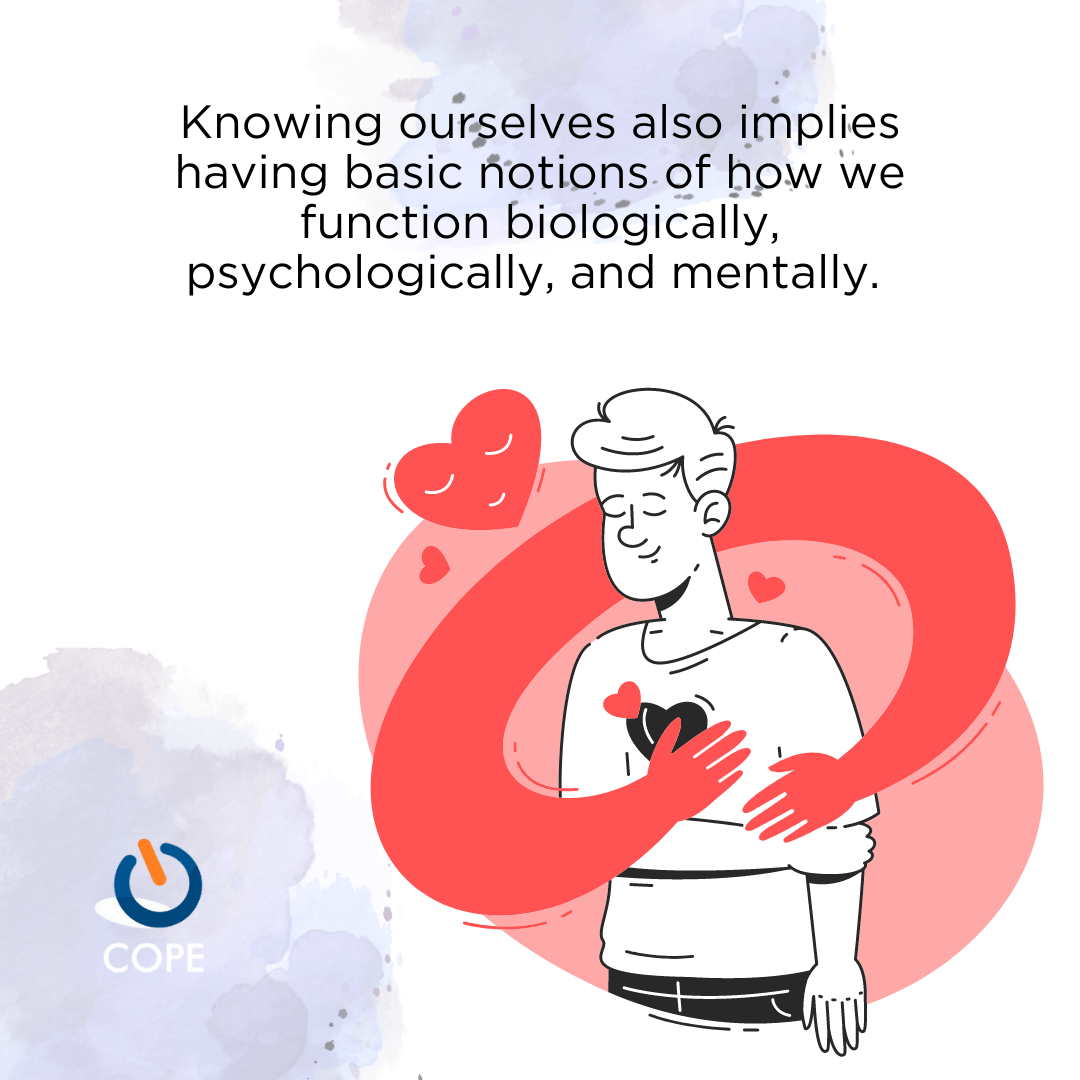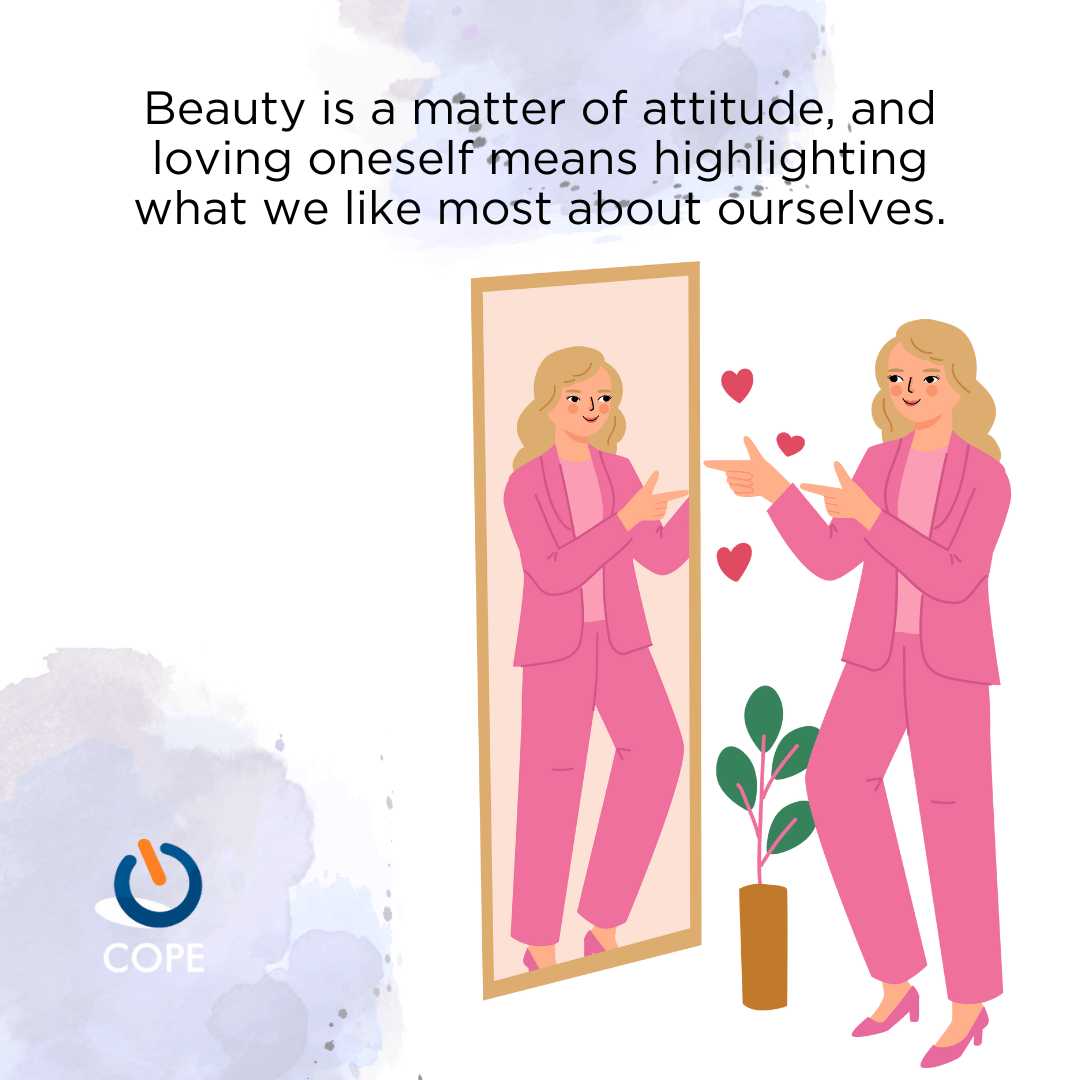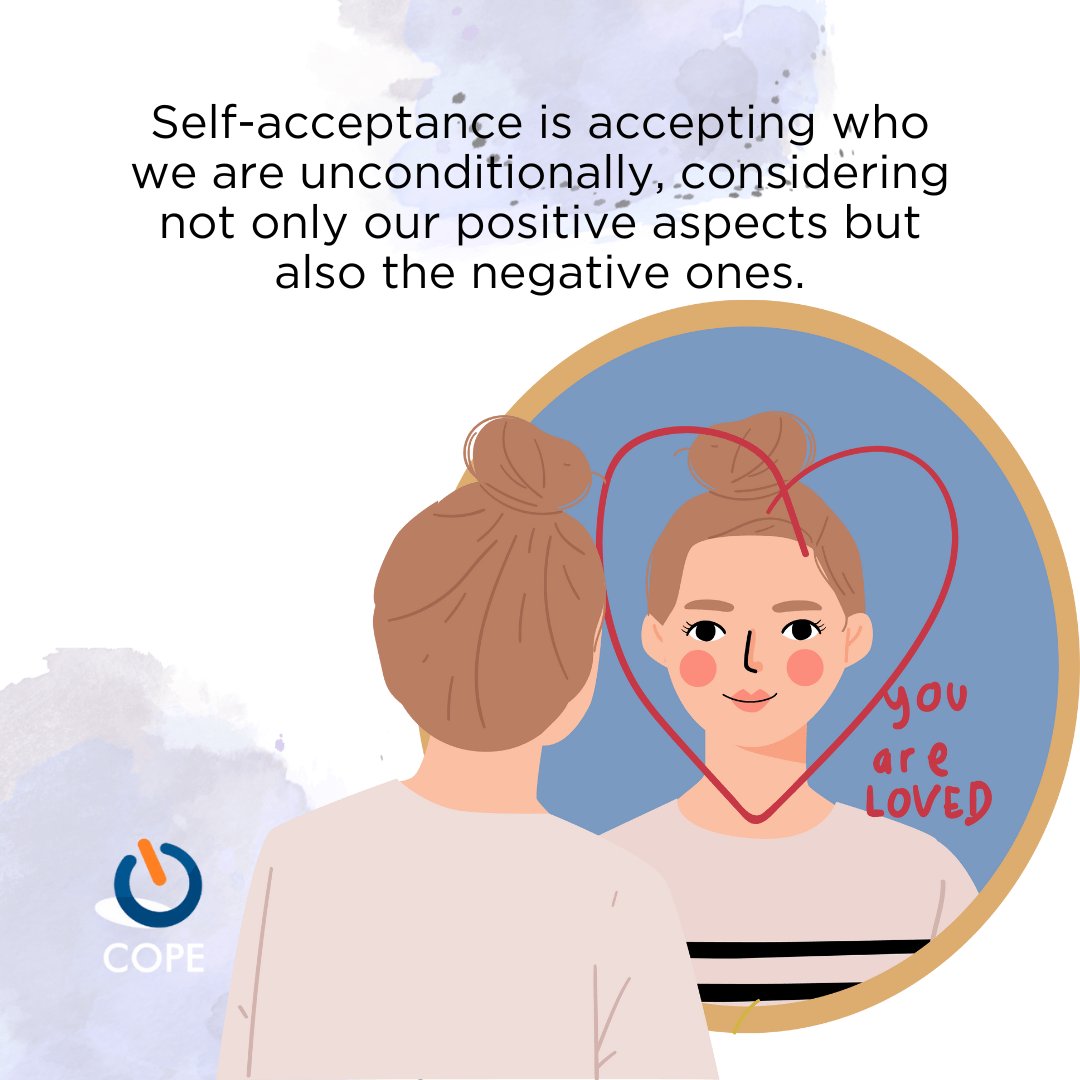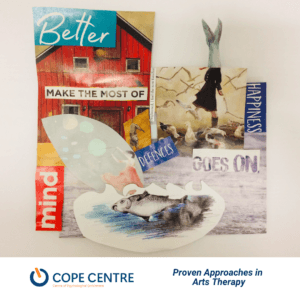The Three Fundamental Pillars of Self-Esteem
Self-esteem is the evaluation or judgment we make about ourselves and our worth. In simpler terms, it is our self-love—a set of assessments, thoughts, and feelings regarding our inner and outer selves. It is a cumulative experience of our relationships with the world and our own goals. If we examine it, we will see that self-esteem arises from the ability to appreciate oneself accurately, knowing how to identify one’s strengths and weaknesses, and being reasonably proud of the former and tolerant of the latter.
Therefore, this implies being able to genuinely love who you are in a stable manner. Self-esteem also arises from the ability to achieve the goals one sets, provided they are possible and motivating, not impossible and overwhelming. To feel comfortable with oneself, the gap between who you are and who you want to be must be stimulating, not insurmountable. Hence, phrases like “setting the bar” or “measuring up.” If the bar is too high, it is a constant source of frustration; if it is too low, boredom prevails.

1. Self-Concept: Who Am I? Do I Accept Myself as a Person?
Self-concept is the image we have of ourselves. It’s important to review how we define ourselves, as we often fall into labels given to us in the past that no longer resonate with us. Knowing ourselves also implies having basic notions of how we function biologically, psychologically, and mentally. It means being aware of what we are eating, how we sleep, and our personality traits:
- Am I shy?
- Am I sensitive?
- Am I impulsive?
- Am I a perfectionist?
- Am I pessimistic?
- Am I distrustful?
- Am I enthusiastic?
- Do I give too much importance to what others say?
- What factors stress me out? What factors put me on alert?
Knowing ourselves provides us with tools to face everyday situations.
2. Self-Image: Do You Accept Your Body as It Is?
Self-image is the vision we have of ourselves, so if our self-assessment is negative, we must take action to improve it and change our self-esteem. Beauty is a matter of attitude, and loving oneself means highlighting what we like most about ourselves. Why is it important to have a good relationship with your body? As we know, all dimensions of our body are interrelated, and we must work on all of them to be truly healthy at all levels. This means that body and mind are interconnected, as the positive or negative emotions we experience towards ourselves reflect our health. Our mind has the ability to influence these emotions in our body, even altering hormonal states and affecting our immune system, potentially leading to diseases.


3. Self-Acceptance: Complete Acceptance of Oneself
Self-acceptance is the state of complete acceptance of oneself. It is accepting who we are unconditionally, considering not only our positive aspects but also the negative ones. It is an unconditional state. It is not just when we receive praise, rewards, promotions, affection, etc. It also applies when we are at our lowest point when nothing seems to go right. That is true self-acceptance. It is understanding that who we are is separate from our actions and qualities. We can make mistakes and have flaws and still accept ourselves without judgment. It is accepting that we are human.
Acceptance means liberation, whereas rejection obsesses. Therefore, the more we reject the traits we don’t like about ourselves, the more they are exacerbated. Self-acceptance also means controlling the critical voice, avoiding comparison, and stopping seeking approval from others.
Guidelines to Work on to Raise Self-Esteem
- Take Responsibility: Move into action.
- Distance Yourself from Toxic People: Express to that person how you feel.
- Let Go of Guilt: Avoid staying in a victim mentality and try to learn from the situation presented.
- Know How to Forgive Yourself and Ask for Forgiveness.
- Work with Positive Affirmations: “I can do this,” “I am capable.”
- Exercise: It is the best antidepressant that exists.
- Socialize.
- Try to Avoid Perfectionism.
- Promote Self-Esteem in Your Environment: Treat others with respect.
Building and maintaining self-esteem is essential for well-being and personal growth. The three pillars—self-concept, self-image, and self-acceptance—help us understand and appreciate ourselves. By accurately identifying our strengths and weaknesses, accepting our bodies, and embracing our true selves, we create a foundation for stable self-worth.
To enhance self-esteem, we should take responsibility, distance ourselves from toxic influences, let go of guilt, practice forgiveness, and use positive affirmations. Regular exercise, socializing, avoiding perfectionism, and fostering respect in our environment also contribute to healthy self-esteem.
The journey to knowing, accepting, and loving yourself is ongoing. By prioritizing self-awareness, self-care, and self-compassion, you can cultivate a resilient self-esteem that supports a fulfilling life.
COPE Centre of Psychological Enrichment
Visit us at 2 Lawrence Avenue, West Perth
📞 (08) 6556 6460
📧 [email protected]
Our services About – Cope Centre
Follow us here Facebook


